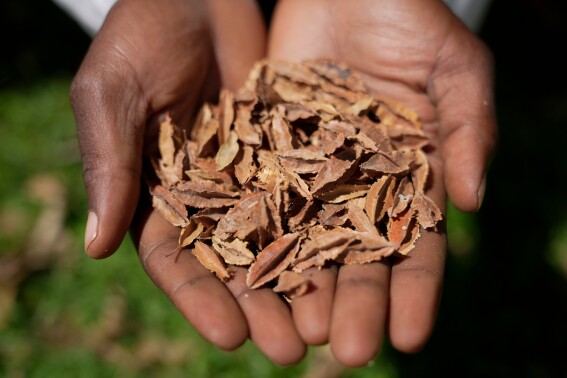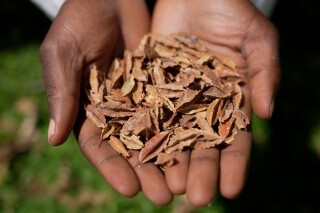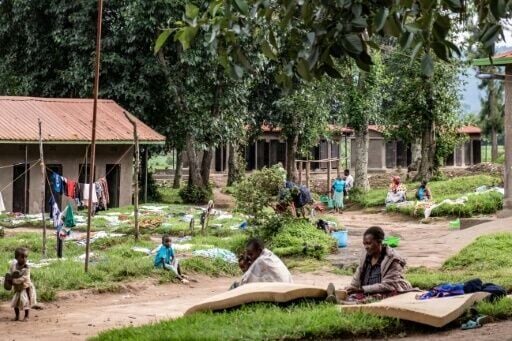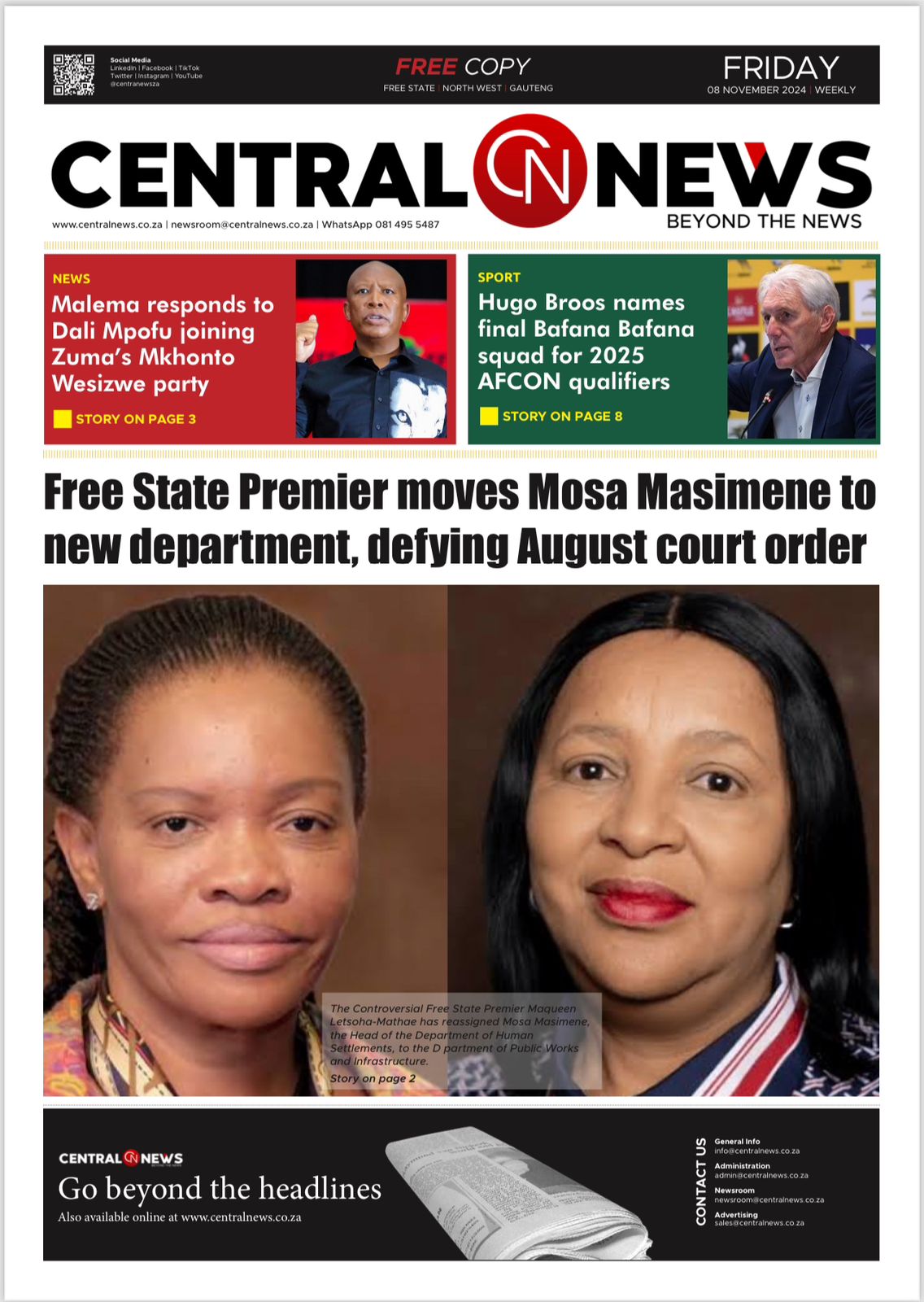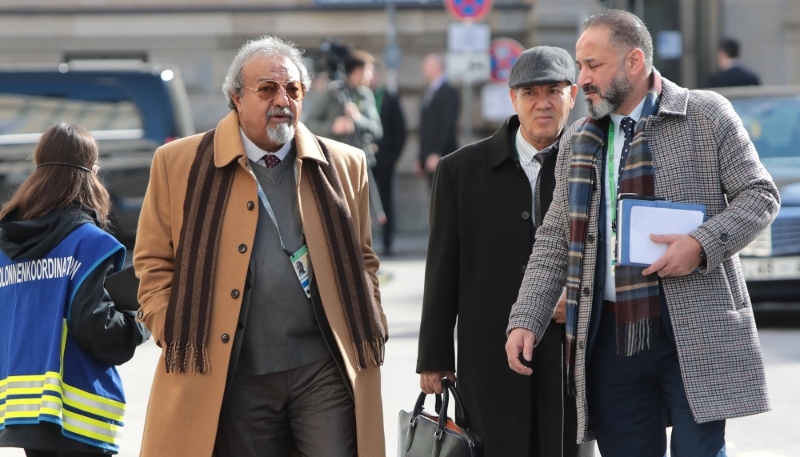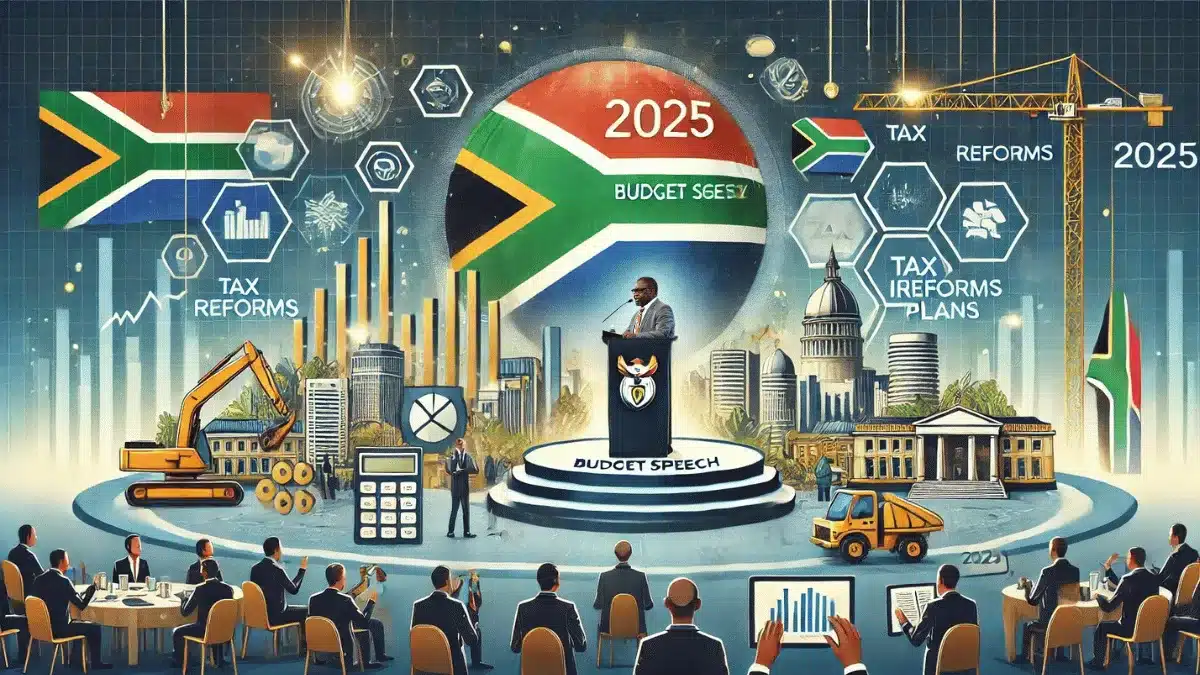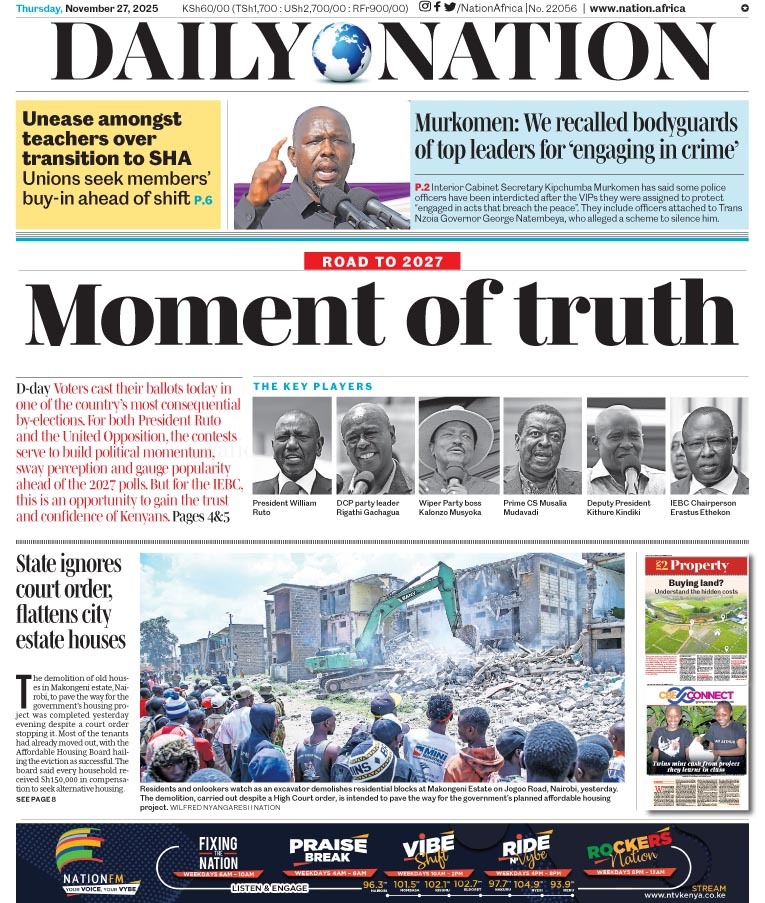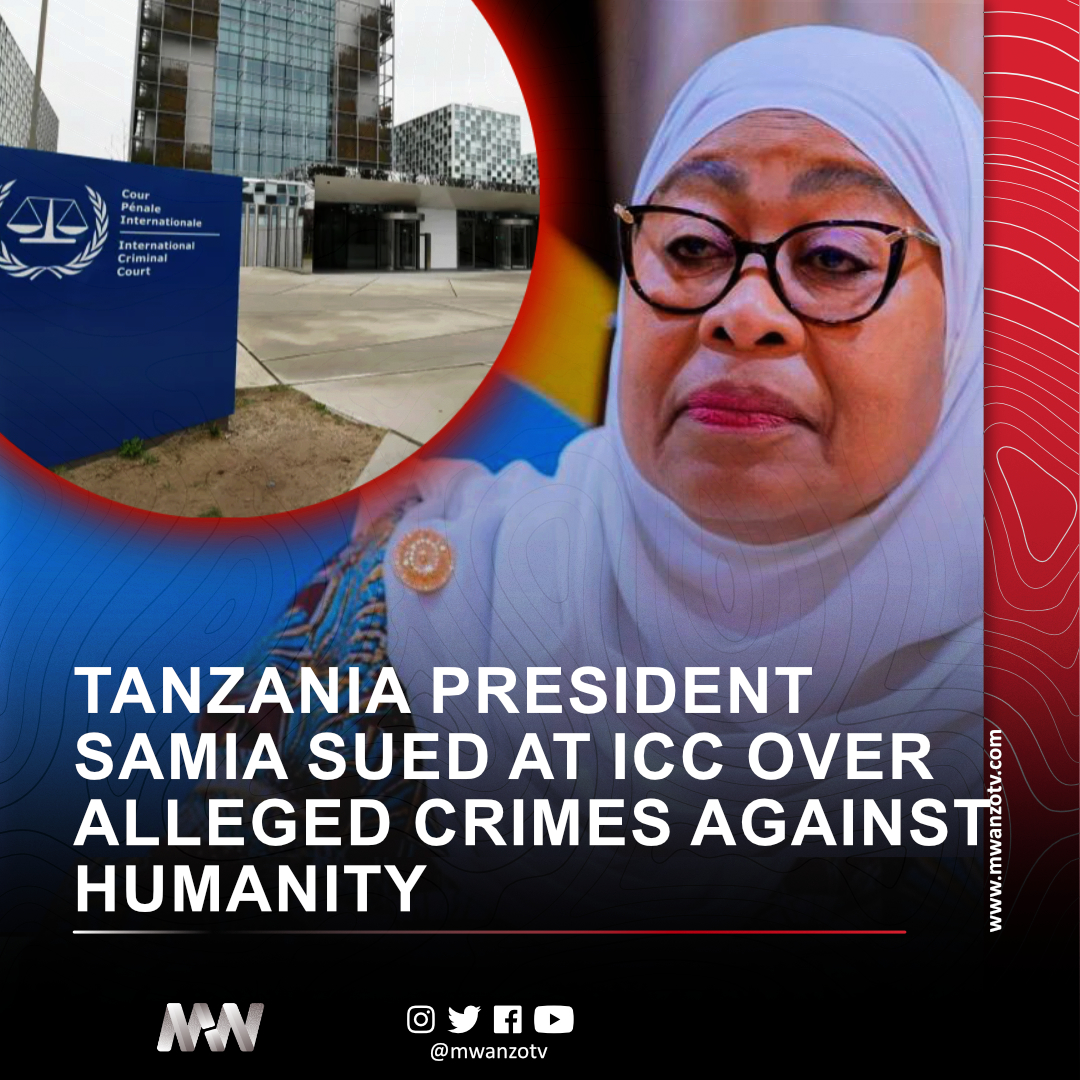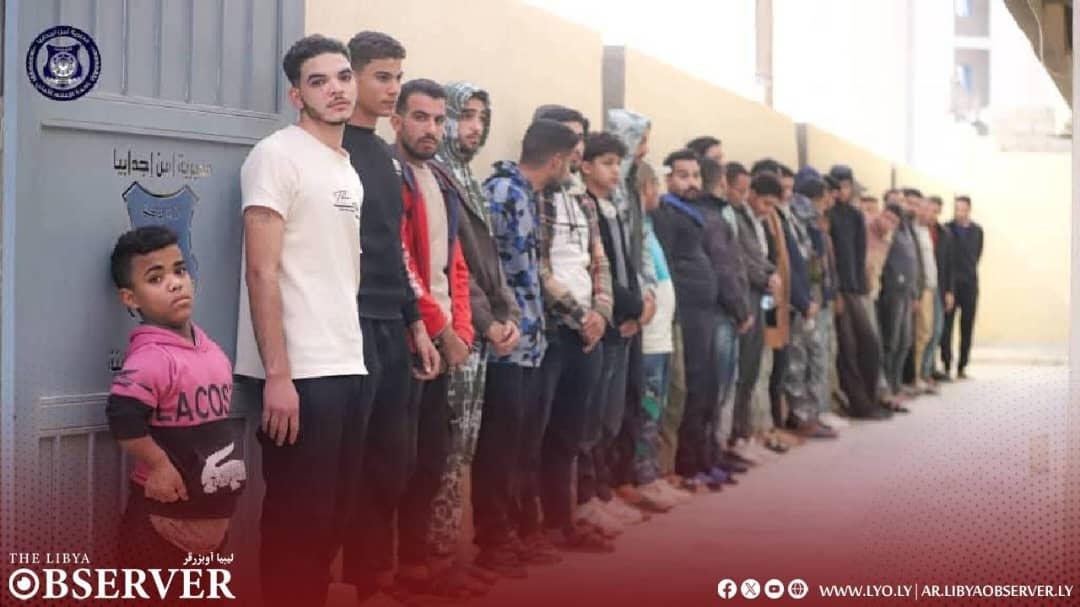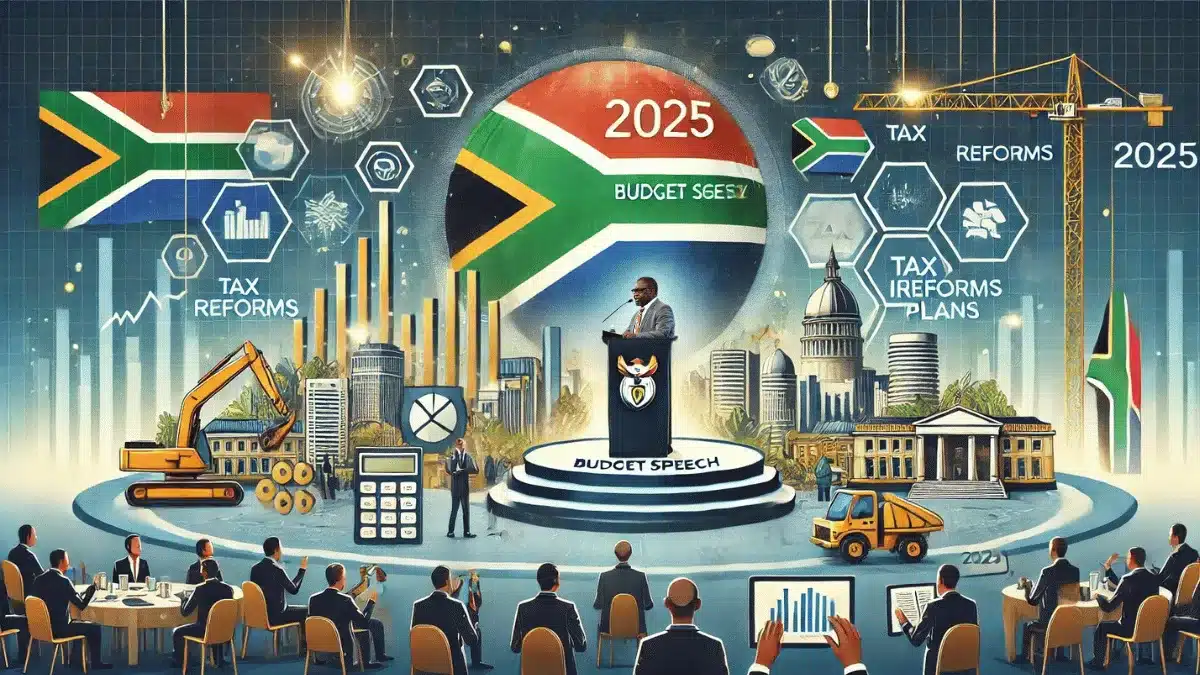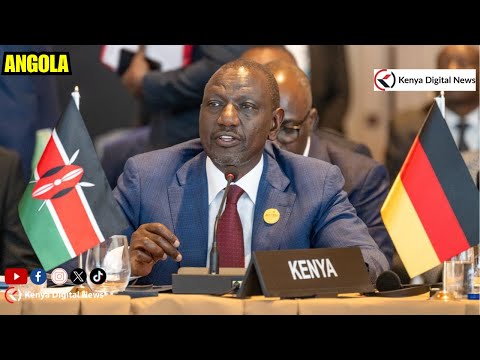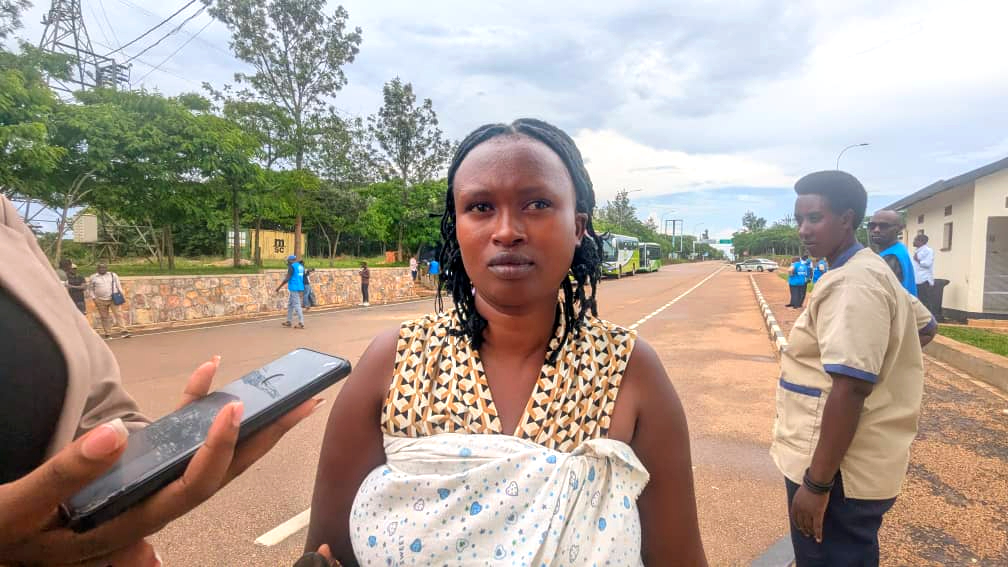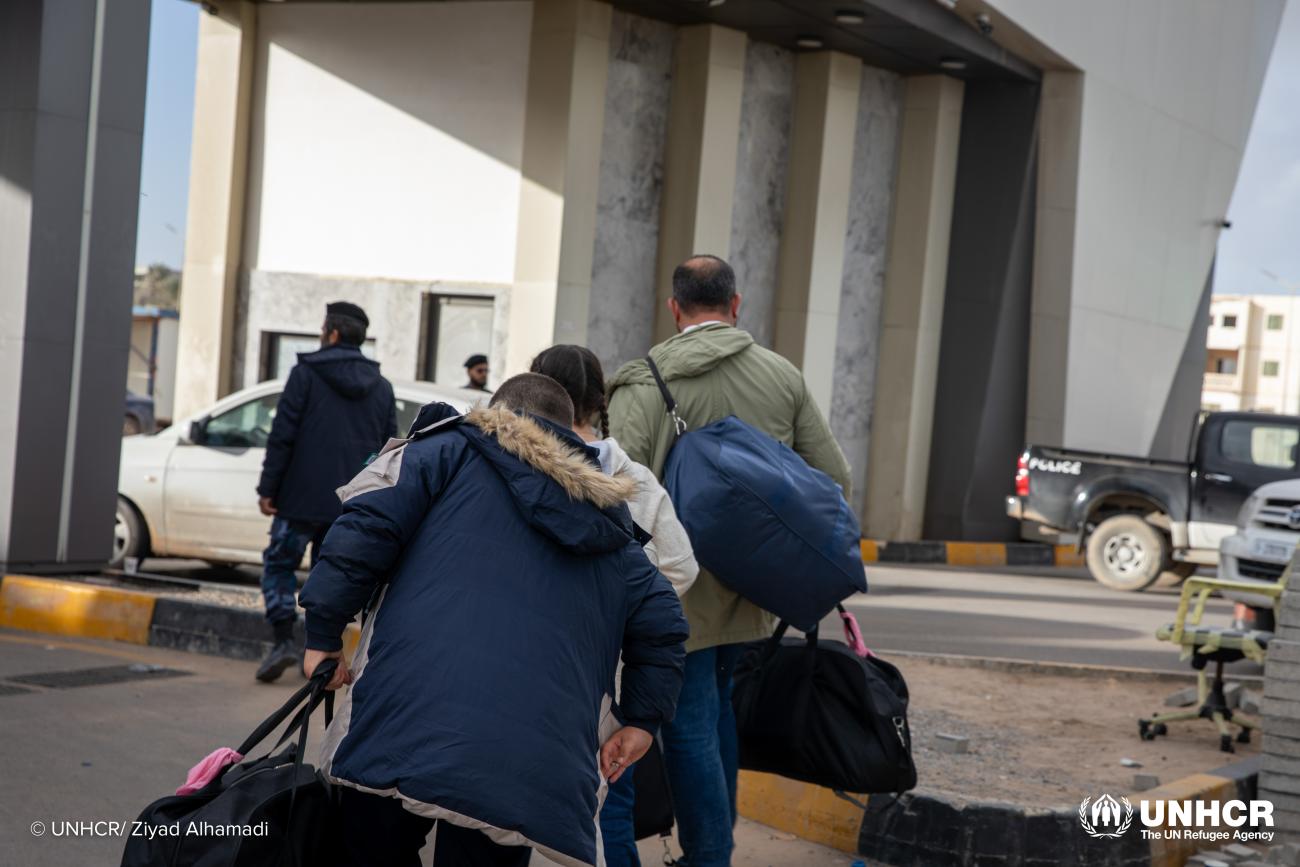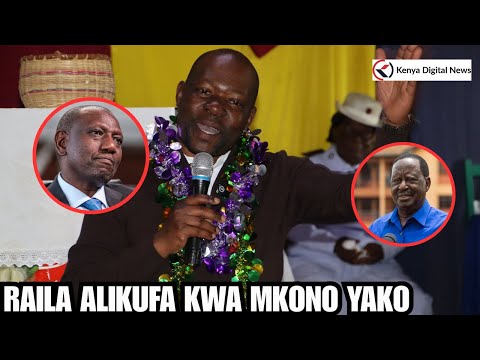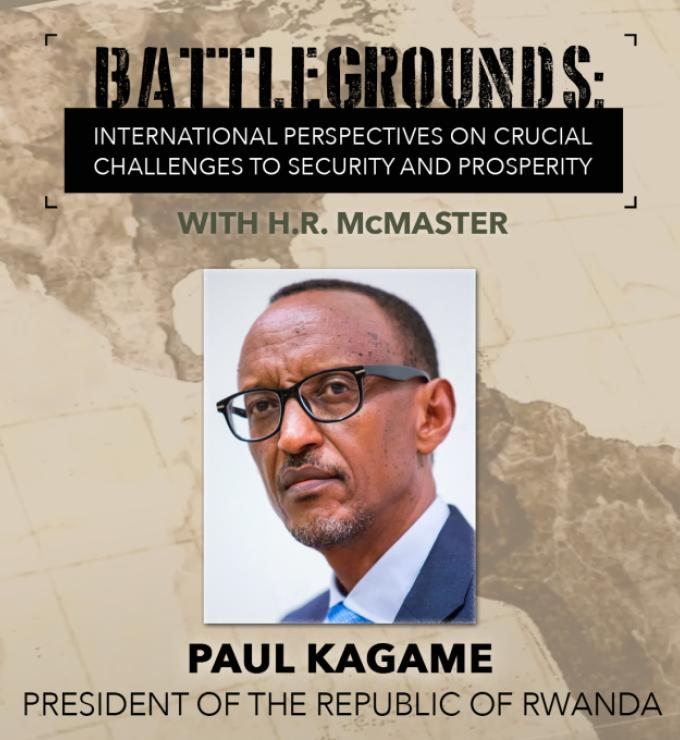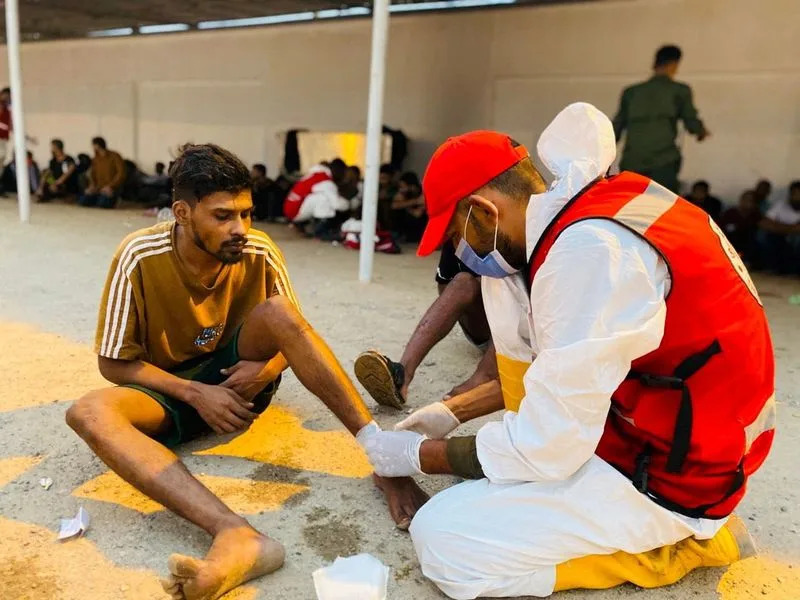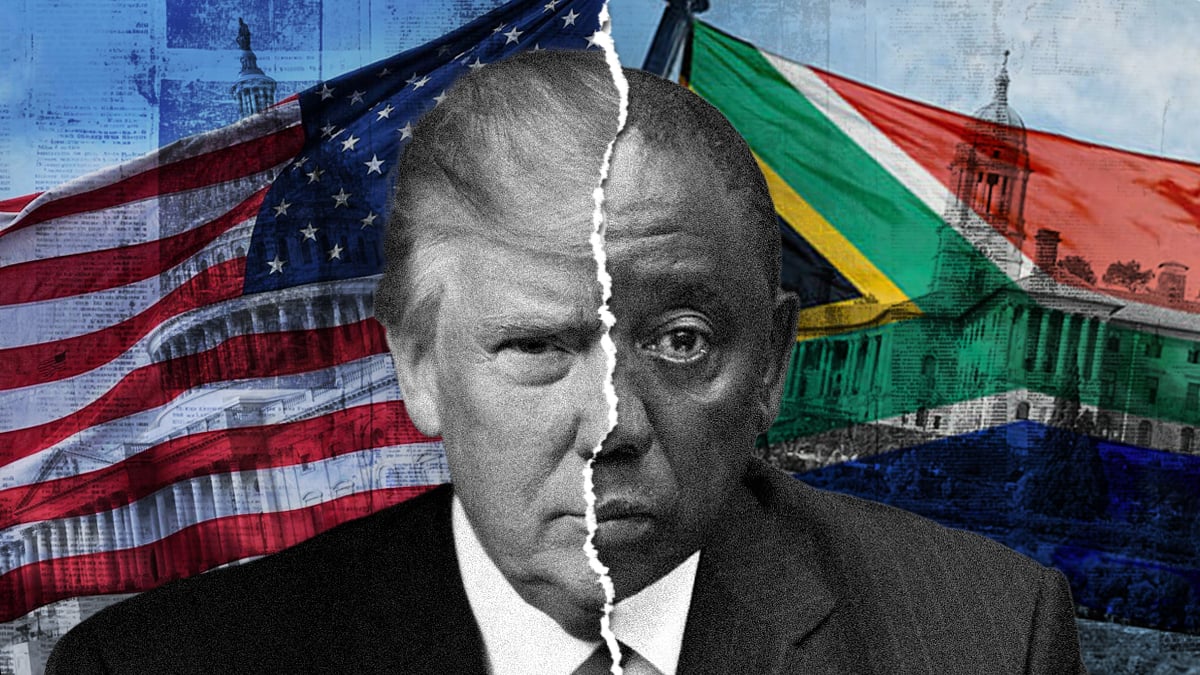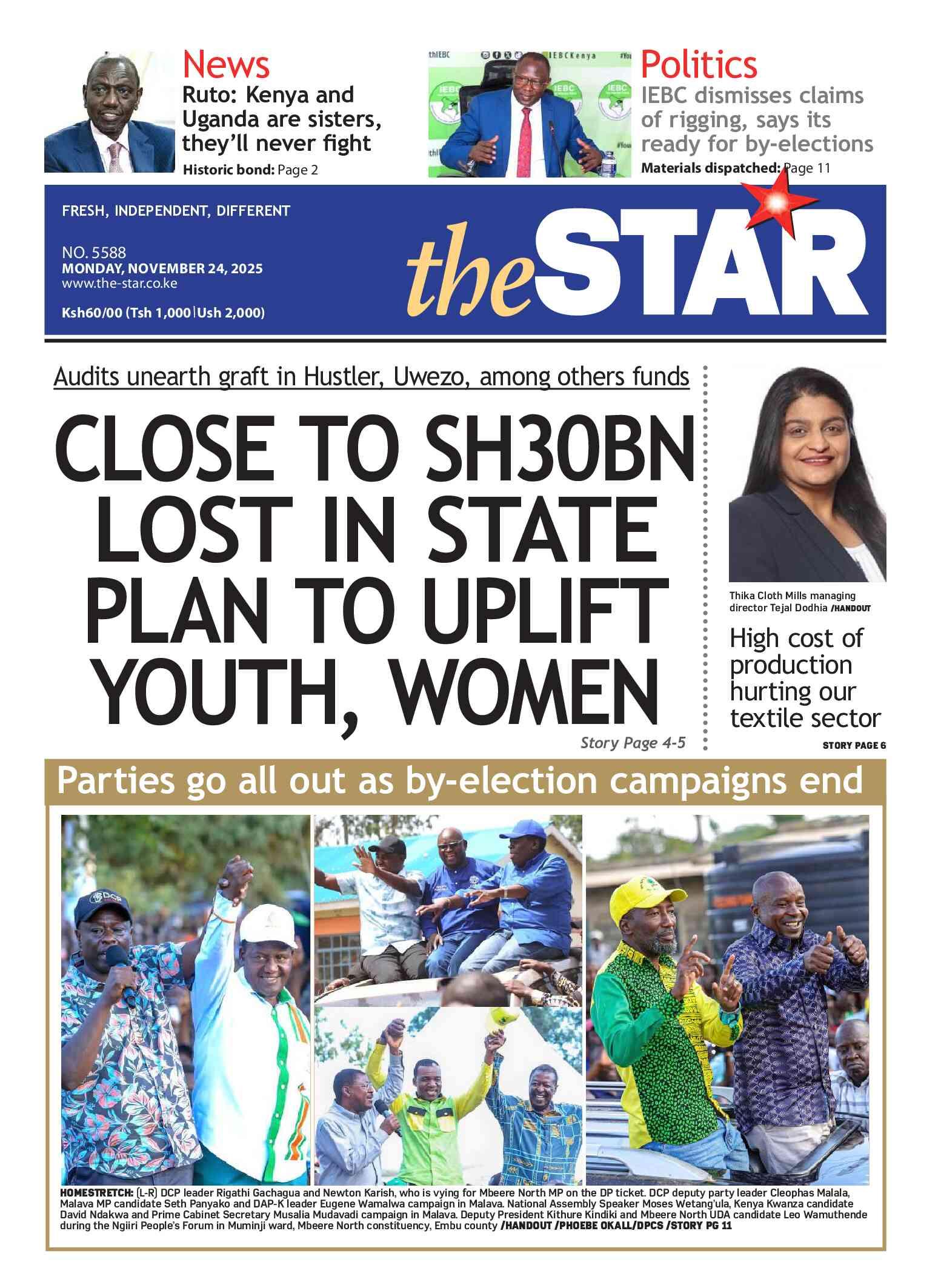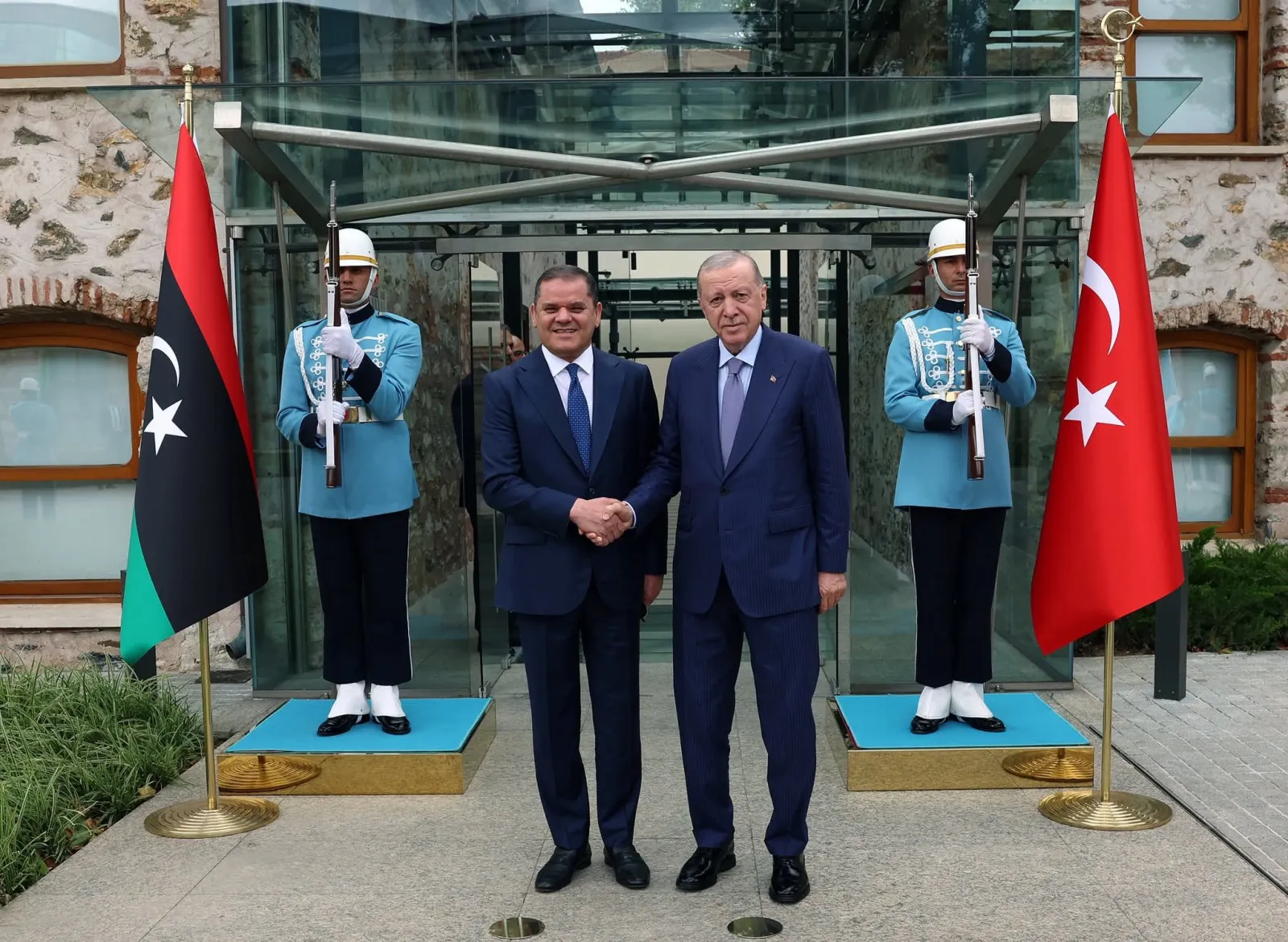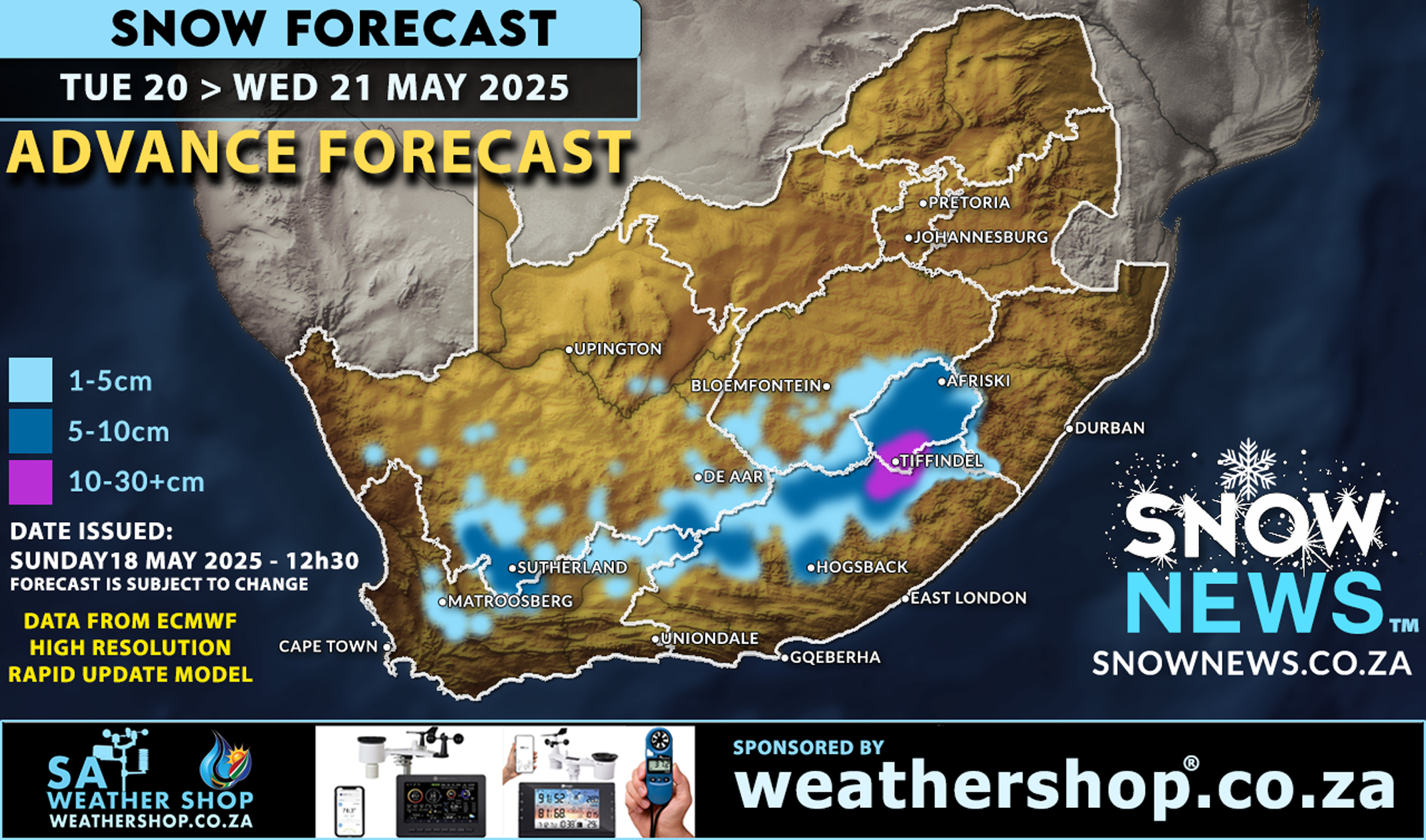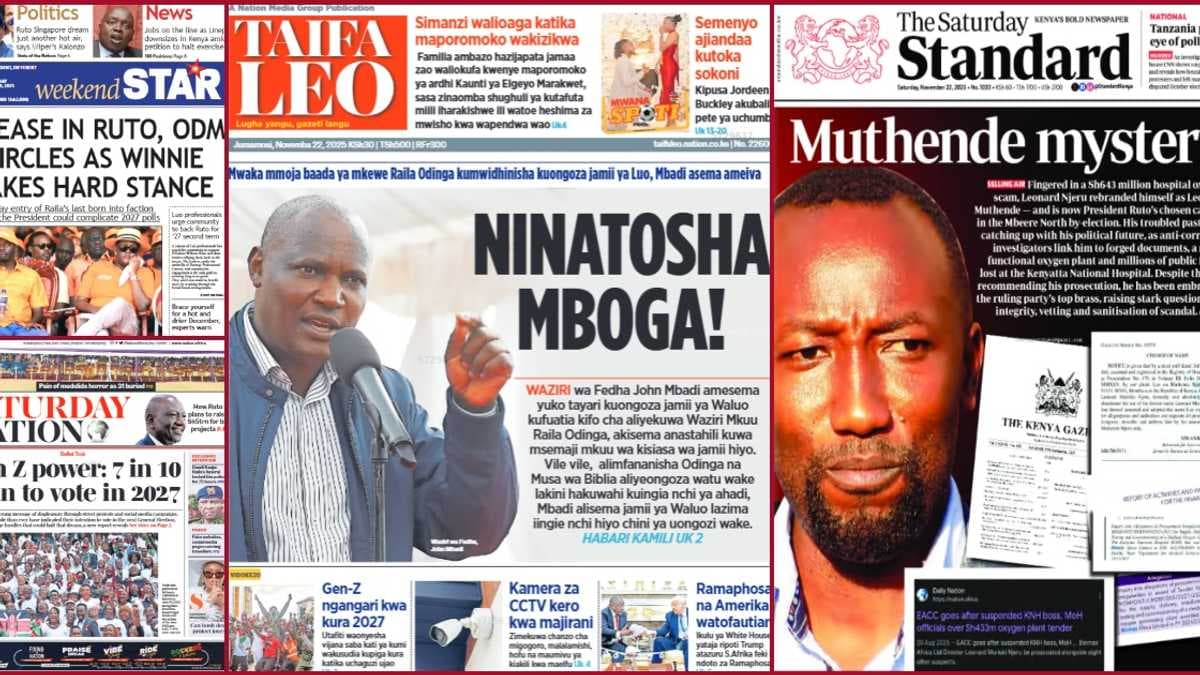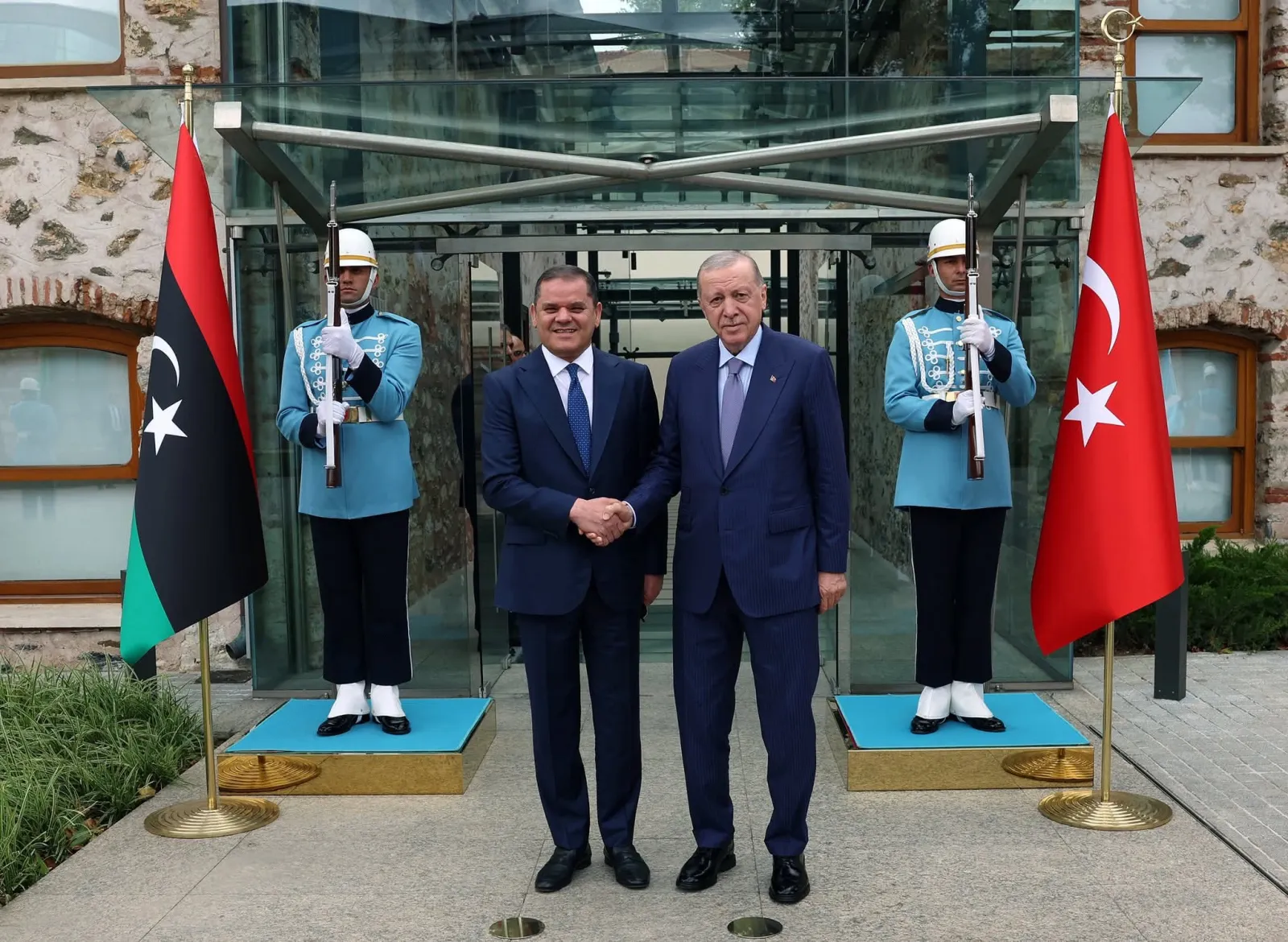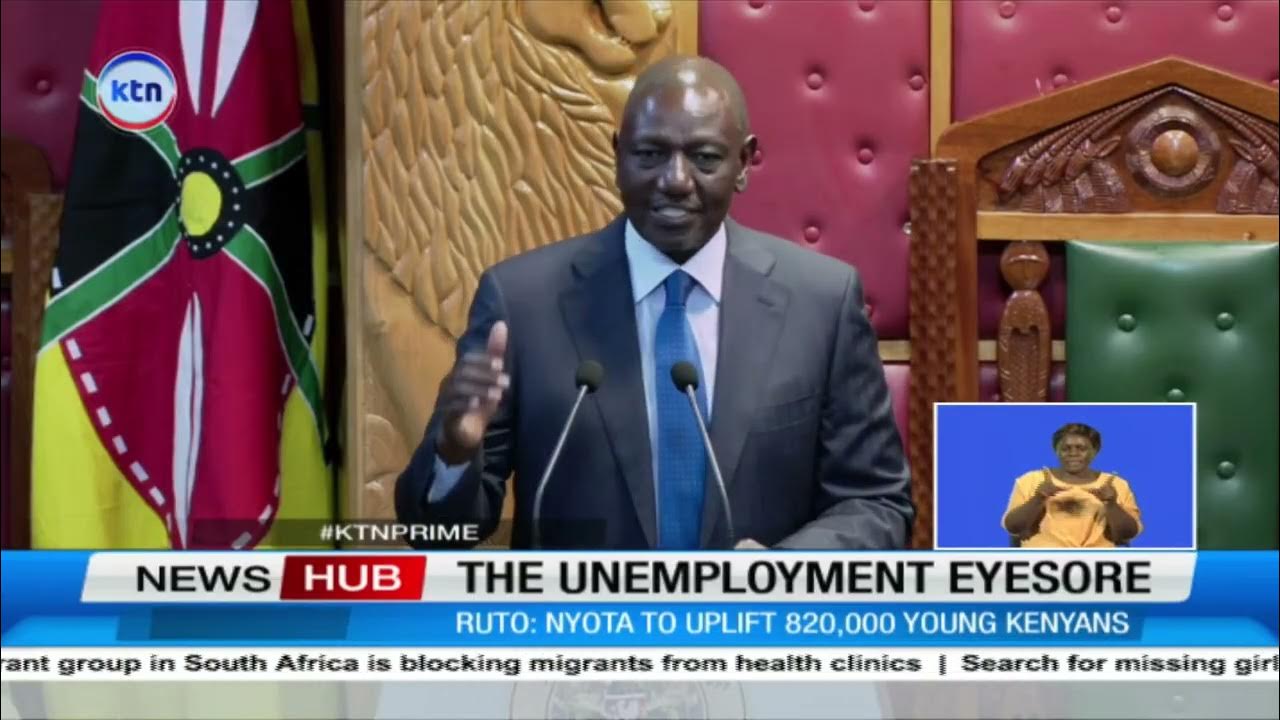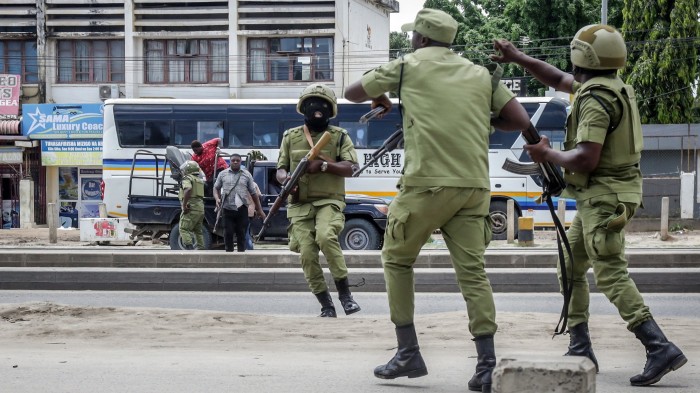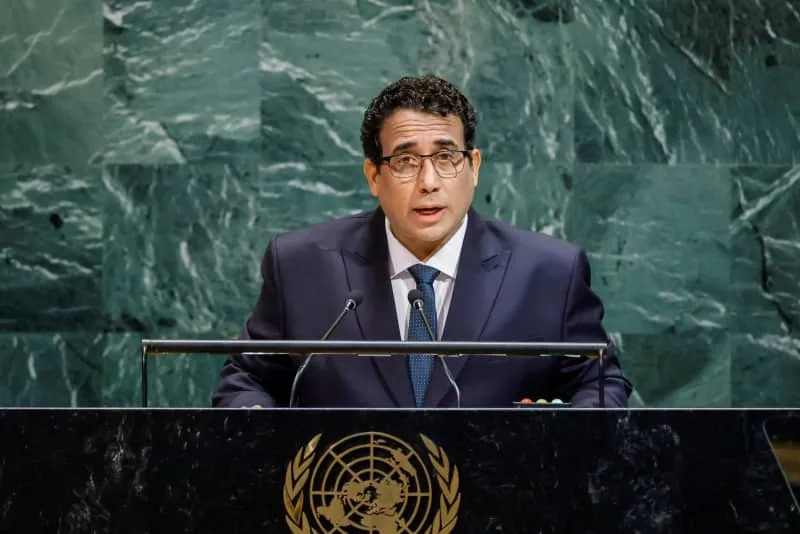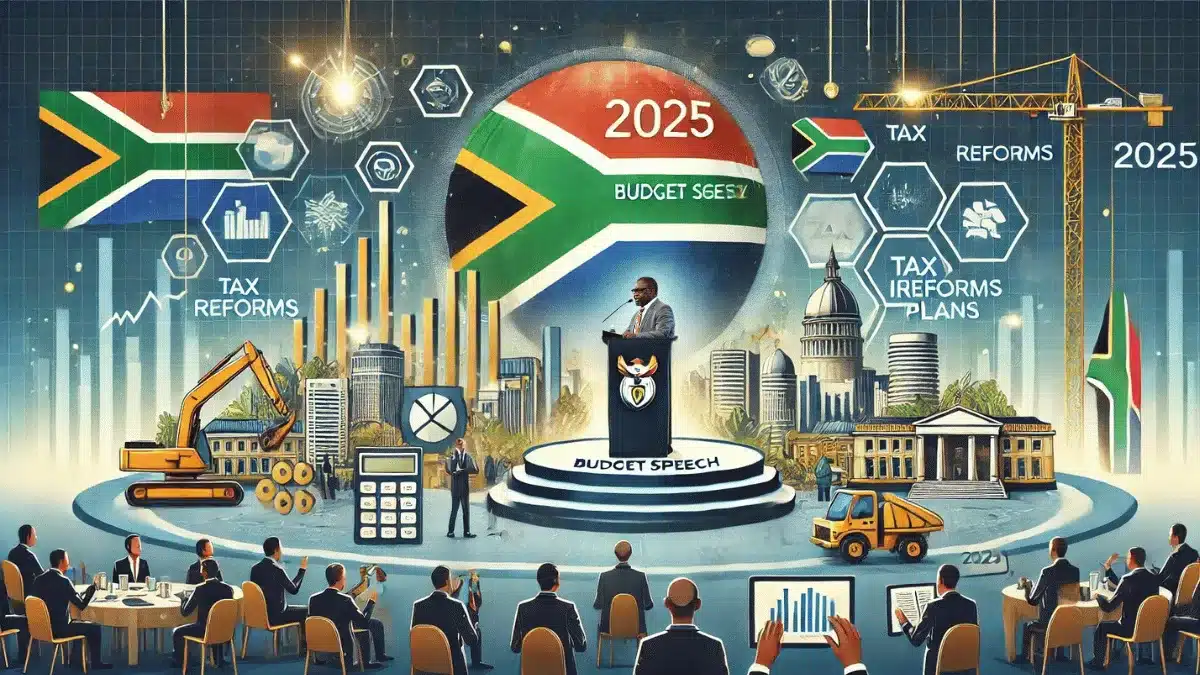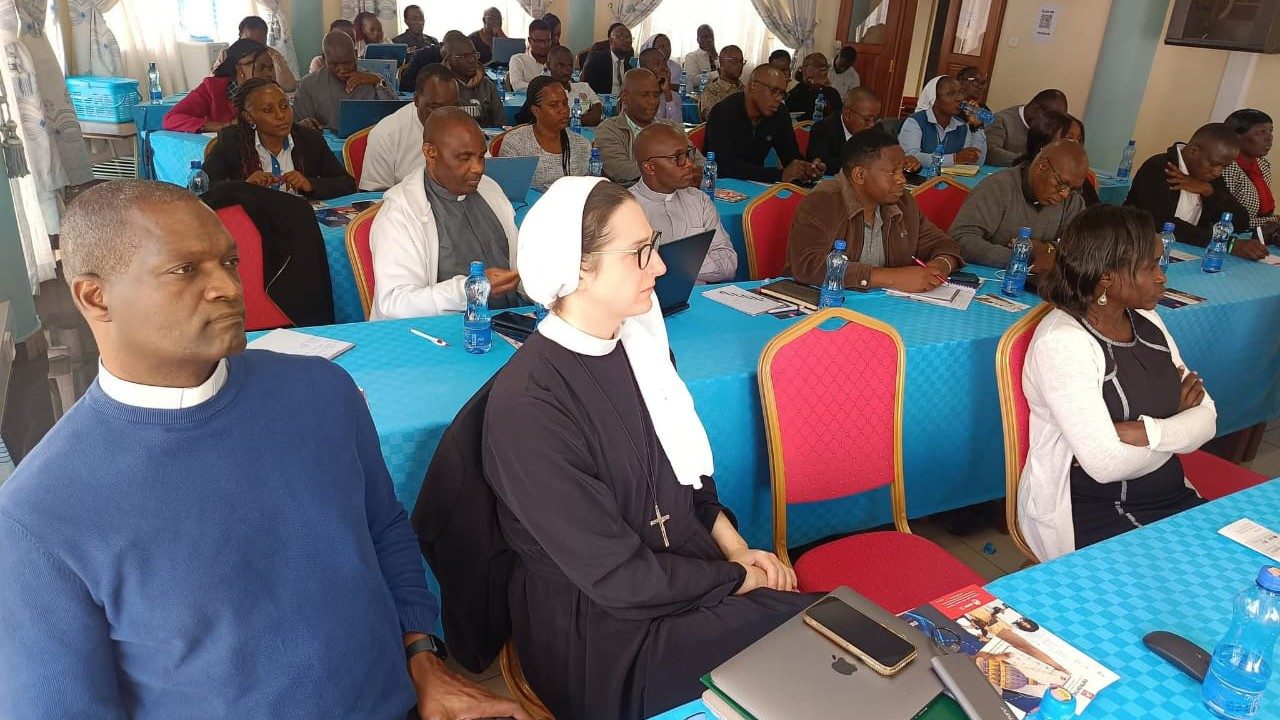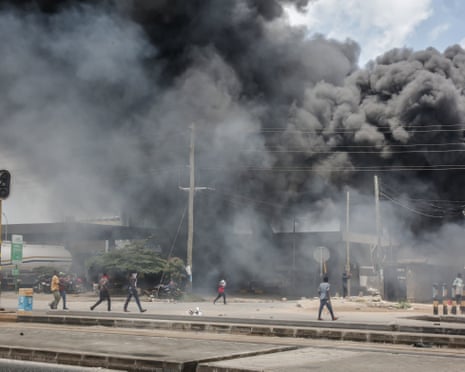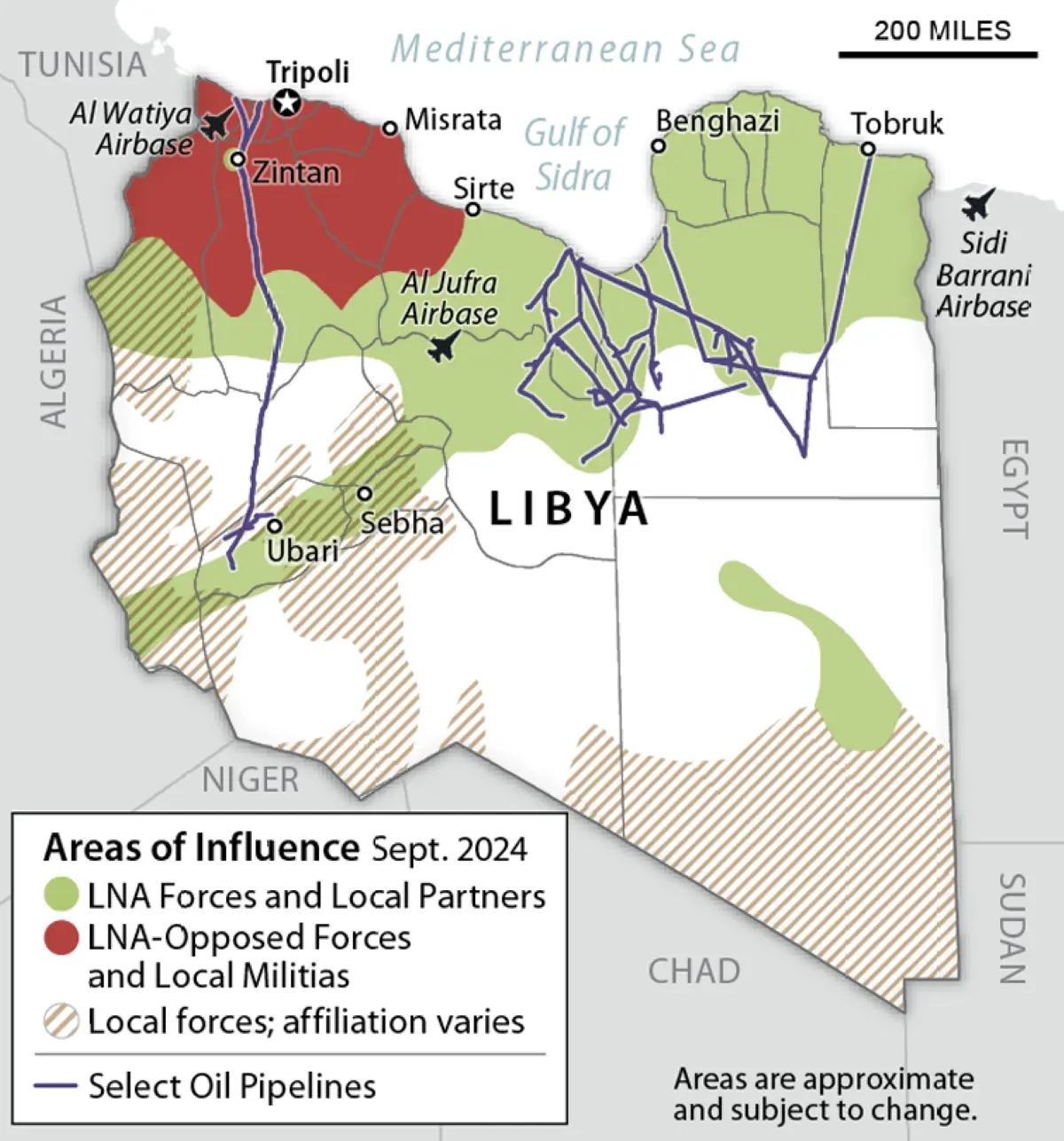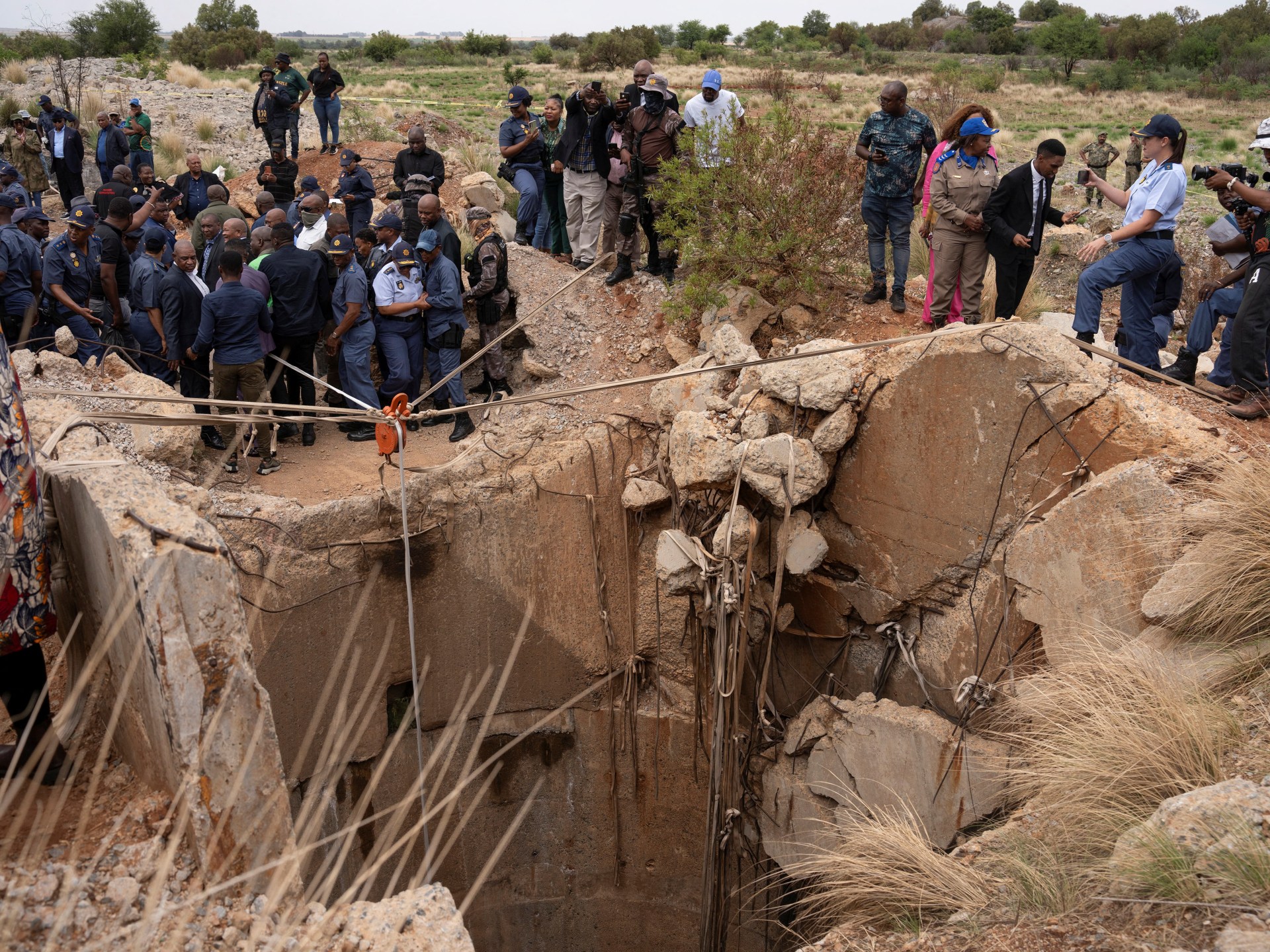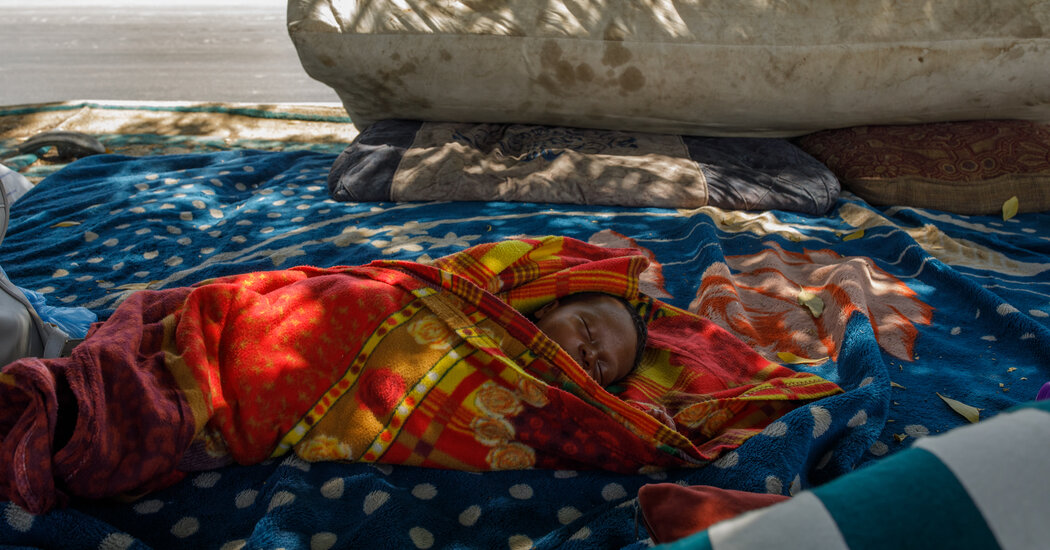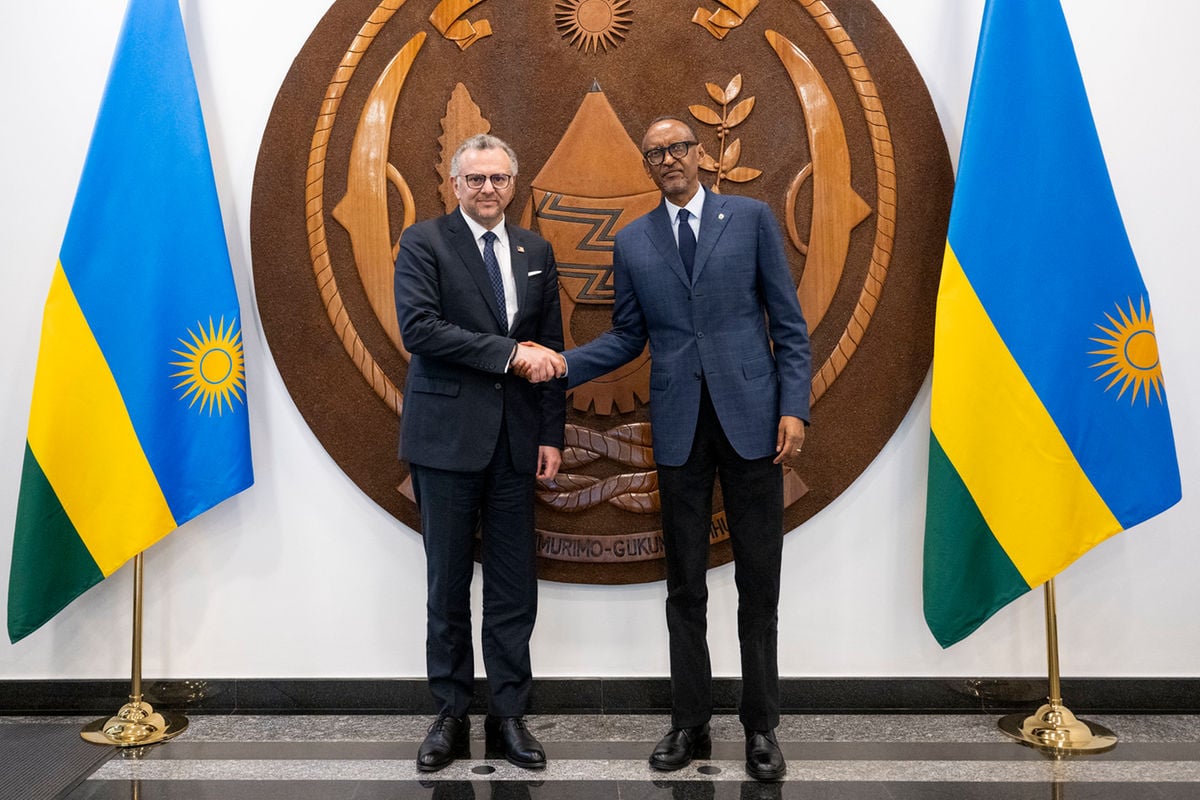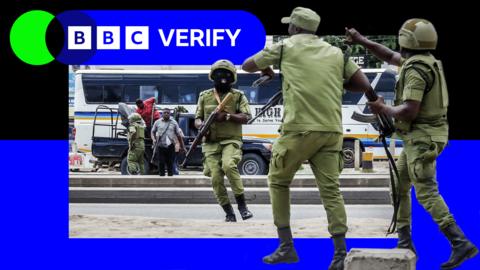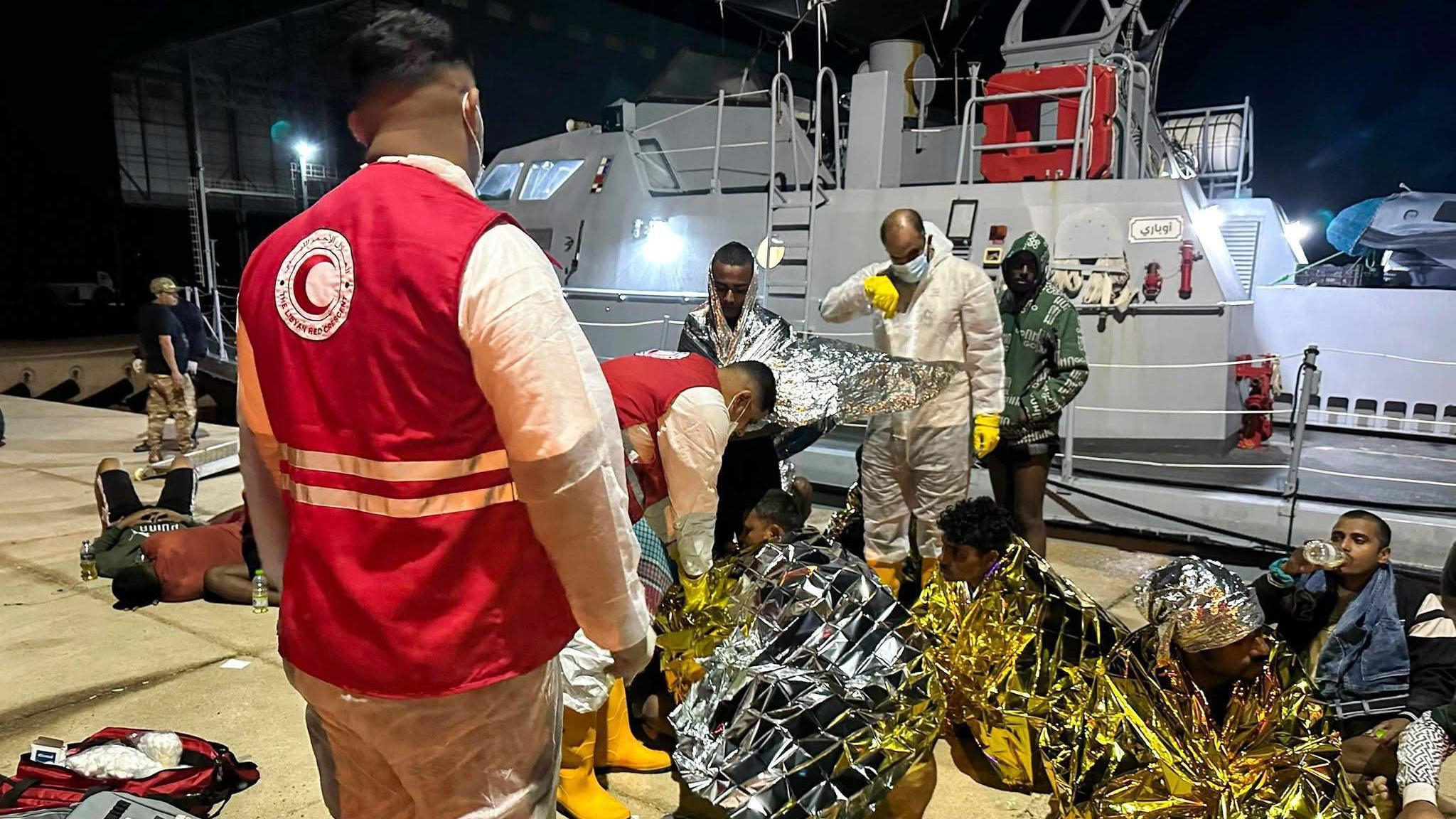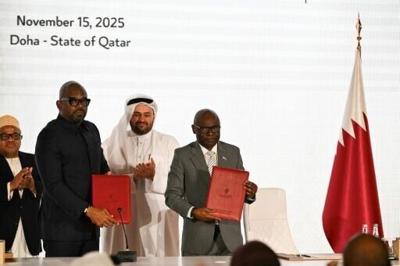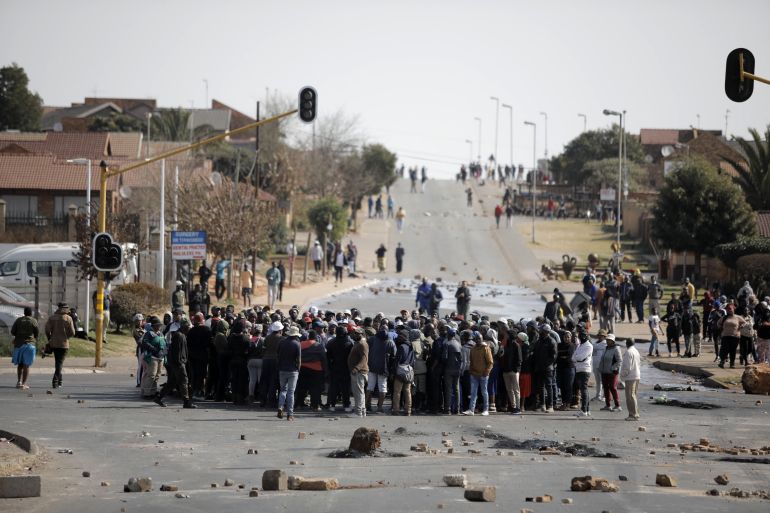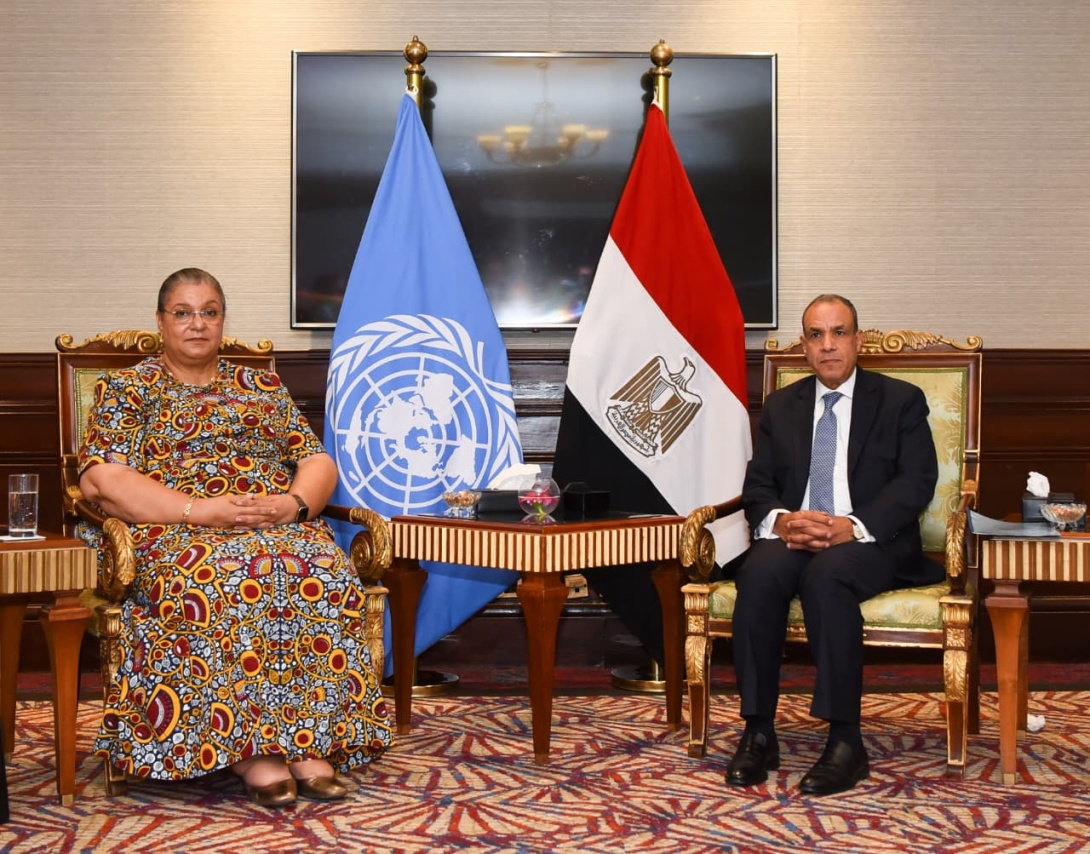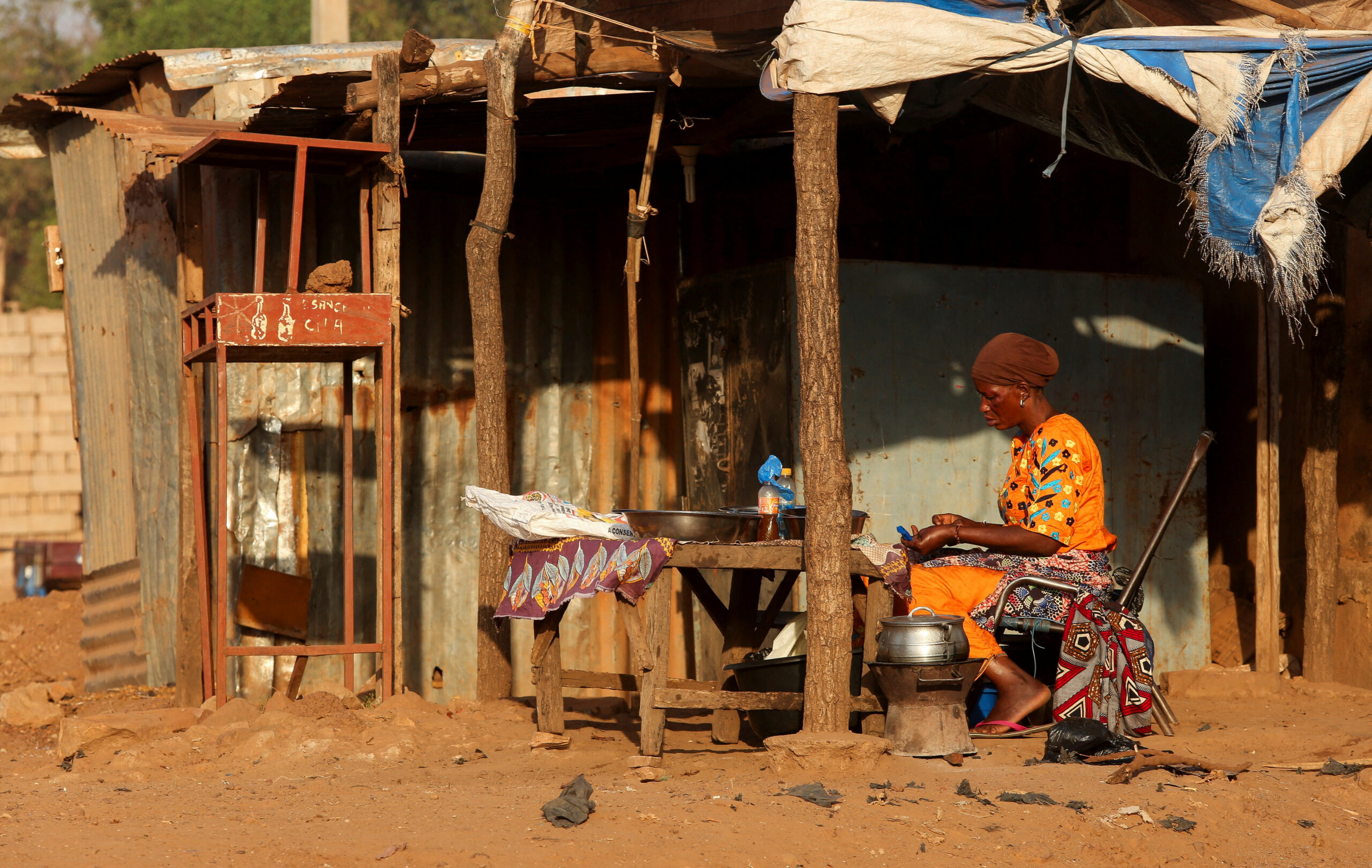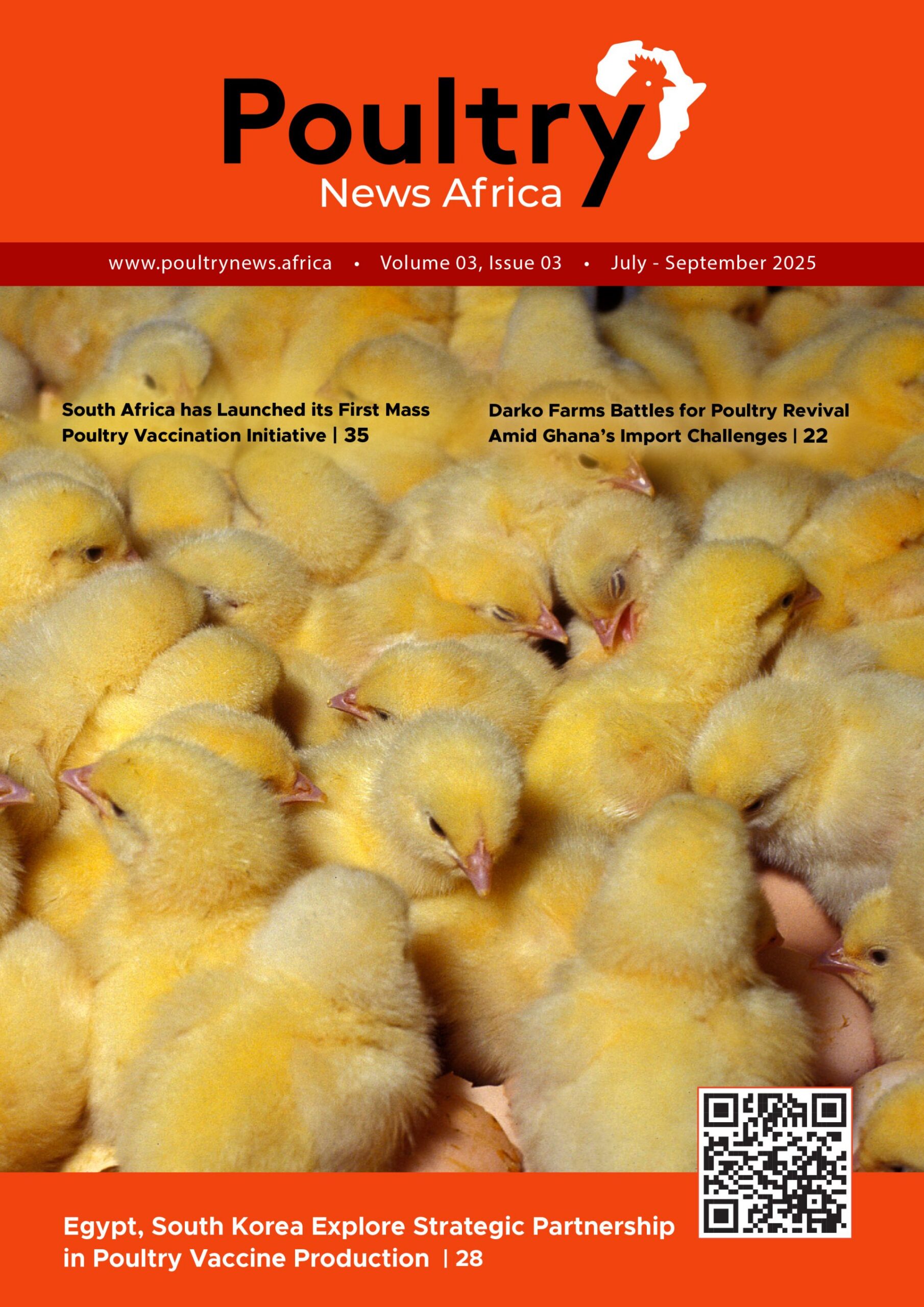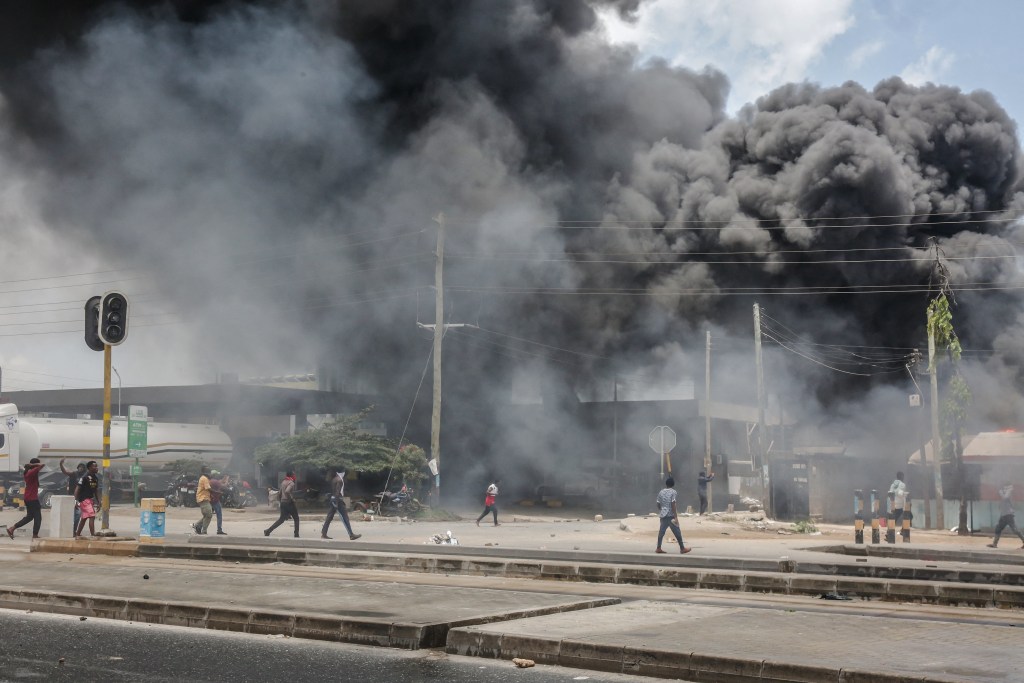
Tanzania’s Political Storm: Treason Charges and Unrest Rock the Nation
Tanzania is currently grappling with an immense political crisis, isn’t it? Following a contentious October 29 presidential election, authorities have moved swiftly, hitting hundreds of citizens with treason charges. These accusations stem directly from widespread demonstrations that erupted over disputed election results, marking a dramatic and concerning escalation of political tension across this vital East African nation. The unrest has been further compounded by truly disturbing reports of lethal violence and an uncertain, undisclosed death toll. This situation makes us all wonder deeply about the real state of democracy and human rights in Tanzania today. President Samia Suluhu Hassan’s official election victory, showing her winning with more than 97 percent of the vote, quickly met with skepticism and fierce opposition from a significant portion of the populace. The opposition party Chadema, which has long stood as the country’s leading alternative political force, finds itself at the very epicenter of this turmoil. Its outspoken leader, Tundu Lissu, who passionately advocated for electoral reforms prior to the poll, has faced detention for several months and now faces treason charges himself. This has undoubtedly created an atmosphere of fear and repression, especially with authorities issuing arrest warrants for several other key opposition figures, making the political landscape feel increasingly fraught for those who dare to dissent.
The aftermath of the election saw demonstrations rapidly intensify following the announcement of the outcome, with protests unfortunately turning violent in various parts of the country. Eyewitness accounts, corroborated by reports from human rights activists, describe a harsh crackdown by state security forces, which escalated into deadly clashes between protestors and security personnel. What does this mean for ordinary Tanzanian families? Many are now searching desperately for loved ones who either went missing or were tragically killed during the post-electoral violence. Estimates from these same activists suggest that the number of fatalities could tragically exceed one thousand, though official figures remain conspicuously undisclosed. This lack of transparency, quite frankly, fuels strong suspicions of a deliberate cover-up, leaving many questions unanswered. The situation has inflicted deep, visible wounds on Tanzanian society. Public grieving and poignant funeral ceremonies for those fallen in the unrest have become distressingly common scenes, starkly revealing the profound human cost of this political discord. Mourners, like those attending the funeral of Michael Christian, a youth leader from the opposition in Nyamagana District, have courageously brought national attention to the profound suffering triggered by the current political crisis. This pervasive bloodshed has left neighborhoods scarred and communities fearful, underscoring, more than ever, the urgent need for national reconciliation and healing.
Observers and international watchdogs are voicing increasing concern about the far-reaching implications of these developments. The sweeping treason charges against hundreds of civilians, including prominent opposition leaders and activists, risk not only suppressing legitimate dissent but also fundamentally undermining democratic freedoms in the country. Legal experts are warning that equating peaceful protest or genuine electoral dissatisfaction with treason sets a dangerous precedent, one that could stifle political pluralism in Tanzania for years to come. Conversely, the government maintains that these charges are absolutely necessary to preserve national security and public order amid what it describes as orchestrated attempts to destabilize the country. The political climate is further complicated by intensely conflicting narratives surrounding the incidents that followed the election. While government authorities emphasize the crucial need to restore stability, opposition supporters and independent monitors continue to report compelling cases of excessive force and extrajudicial actions by security personnel. This stark disparity has deepened mistrust between the ruling party and its challengers, severely impeding any meaningful dialogue and making a constructive path toward reconciliation exceedingly difficult to imagine right now. As Tanzania navigates this turbulent phase, the international community watches closely, consistently calling for transparent investigations into the political violence and unwavering respect for civil liberties. The country’s future democratic trajectory truly hinges on how its leaders address these multifaceted challenges. The coming weeks and months will undoubtedly be critical, setting a course that will either heal these deep divisions or, regrettably, entrench authoritarian practices. For Tanzanians, the overarching hope remains that justice, peace, and political inclusivity will eventually prevail. Both the nation’s citizens and global observers alike are urging all sides to prioritize national unity and democratic reforms to prevent further bloodshed and to rebuild much-needed trust in electoral processes. The political landscape in Tanzania stands at a significant crossroads, with implications that resonate powerfully far beyond its borders, impacting the wider African region as a whole.


